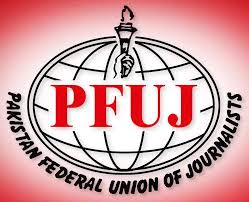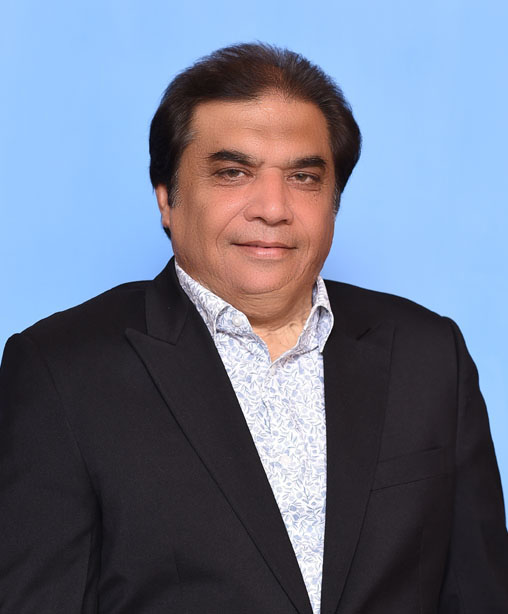Freedom of expression and the safety of journalists are essential conditions for the health of democratic societies” states UNESCO Director-General to the United Nations Security Council in New York
“It is essential for democracy and good governance to ensure every journalist can do her or his job safely and to fight impunity” declared UNESCO Director-General, Irina Bokova.
During her visit to New York, Irina Bokova participated in the Security Council informal event on the protection of journalists, organized by France and Guatemala on 13 December.
This event included the participation of Ms. Fatou Bensouda, Prosecutor of the International Criminal Court and Mr. Christophe Deloire, President of Reporters without Borders, along with Mr. David Rohde, investigation journalist at Thomson Reuters, Mr. Frank La Rue, UN Special Rapporteur on the right to freedom of expression and opinion and Ms. Anne-Marie Capomaccio, Chief of the Bureau of Radio France Internationale in Washington.
The debates took place in front of Members of the Security Council, UN Member States and journalists and members of civil society, moderated by H.E. Mr. Gérard Arraud, Ambassador of France to the United Nations.
All the interventions unanimously expressed their appreciation for the recent adoption by the UN General Assembly of the United Nations Resolution on the Safety of Journalists and the Issue of Impunity on 26 November, 2013, which constituted a major advance from the 2006 Resolution 1738 on the protection of journalists in armed conflict. Member States also praised the General Assembly for its decision to declare November 2nd as the International Day to end Impunity for Crimes against Journalists — in memory of the two French journalists abducted and murdered in Kidal, Mali, on 2 November, 2013.
Participating States reported about and shared their experiences on the status of attacks to information professionals, both in conflict situations and in times of peace.
The rich debates stressed that it remains the primary importance of national governments to ensure the protection and security of journalists in conducting their reporting and investigative work. The preventive approach deployed by the International Criminal Court, in conducting ground work and surveys in a number of conflict countries, was identified as a useful means to be able to develop an early warning system to counter violations and to fight impunity, as well as to develop appropriate measures to support the safety of journalists and media workers in conflict-affected countries.
Speakers voiced the growing challenges for journalists to operate in hardship conditions and dangerous situations, both in conflict and in non-armed conflict situations, and for governments to be able to provide a free and safe environment for journalists.
Investigative journalist David Rohde stated that “murder and disappearance are the ultimate form of censorship,” while raising the issue of systematic violence and intimidation of local journalists and media workers.
Conflict reporting as a means to build dialogue between belligerent communities was also explored by Reporters without Borders as part of the evolving journalism. The issue as to whether crimes against journalists and media workers should be the subject of special judicial measures and punishments was equally addressed in the fight against impunity, stressing that reporting in the context of the Human Rights Violations and Periodic Reporting might not be sufficient in the light of increasing attacks against journalists.
Interventions also focused on the crucial role of political will and the development of the judicial system as fundamental elements to ensure the effective protection of journalists and the fight against impunity, referring to the paramount importance of these 2 aspects in monitoring the implementation of the UN Plan of action on the Safety of Journalists and the issue of Impunity, which was endorsed by the UN Chief Executives Board in April 2012.
Irina Bokova voiced “the need to act at several levels, from data gathering on evidence of violence against journalists, including gender-sensitive indicators for media reporting on violence against women journalists, to raising global awareness and strengthening the collective work of the United Nations through the UNESCO-coordinated UN Plan of action on the Safety of Journalists and the issue of Impunity”.
With respect to the effective implementation of the UN Action Plan, special emphasis was laid on the training for journalists, media owners, security forces and the judiciary, as well as on the development of standards for protection mechanisms for journalists, and the key role of media associations in this regard.
All participants voiced the importance of such an open event in the framework of the Security Council, stressing that the growing attacks to journalists should lead the Security Council to ensure a systematic monitoring of the issue in its agenda. The need to conduct constant vigilance and awareness and education on this issue was strongly underscored. The responsibility of non-state actors in crimes against journalists and media workers was identified by many speakers as a growing challenge for governments in situations of conflict and civil unrest.
In the same context, the “increase in use of terror-tactics” resulting from terrorism and terrorist groups, was stressed as a new and increasing trend of conflicts, blurring the picture between belligerents of different nature – including non-state actors – , independent journalists, and war reporters. The need for a threat assessment in the form of a safety and security analysis was underscored in this context, in order to draw a balance between safety and security.
In the same perspective, the issue of the evolving status of journalists was voiced as a challenge for States in the face of the emergence of bloggers and independent reporters, and the difficulty to develop accurate data in this regard.
In the same vein, journalists present stressed that the problem did not necessarily lie in the evolving journalist profession but rather in the environment in which journalist operate that has considerably changed along the years.
Progress achieved in a number of countries was presented during the meeting, including the sharing of experiences in countries such as Tunisia, Guatemala, Honduras, Colombia, Mexico and Brazil. In the same context, the need to accompany countries undergoing democratic transition so as to develop necessary frameworks and training to ensure an environment conducive to the safety and protection of journalists was particularly underscored. The intention expressed by Brazil to conduct training of judiciary on freedom of expression issues, as well as to develop research using the Journalism Safety Indicators, newly developed by UNESCO to establish baseline data, was equally emphasized.
The Director-General also held a media luncheon on UNESCO’s newly adopted programme and budget for the next two years with journalists from various newspapers and press agencies. Media present included the New York times, CBS, Associated Press, The Washington Post, Reuters, AFP, The Wall Street Journal, XINHUA, The Huffington Post, and Al Jazeera America amongst others.
Source: UNESCO



